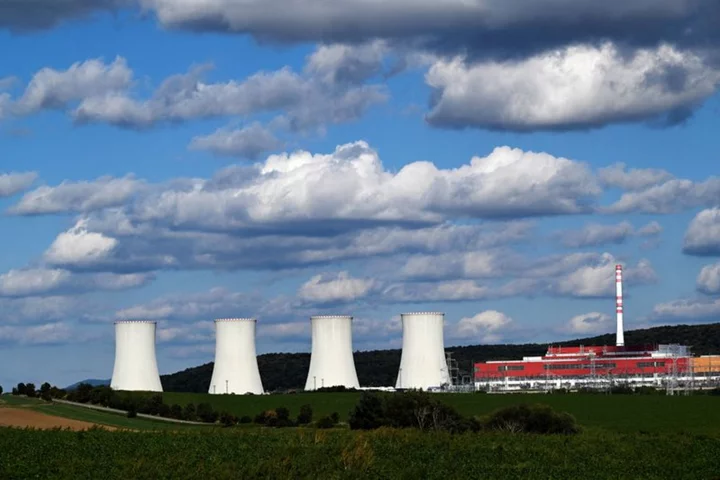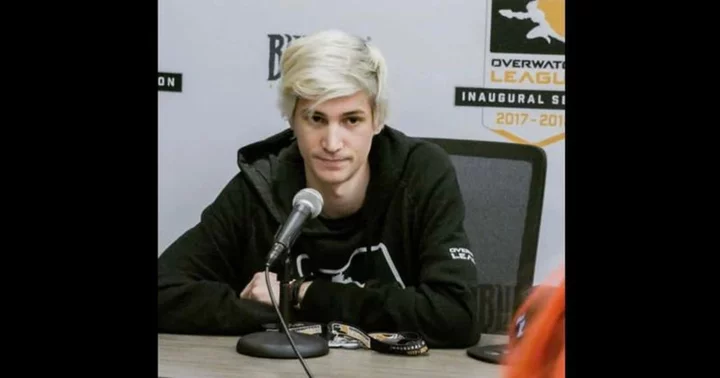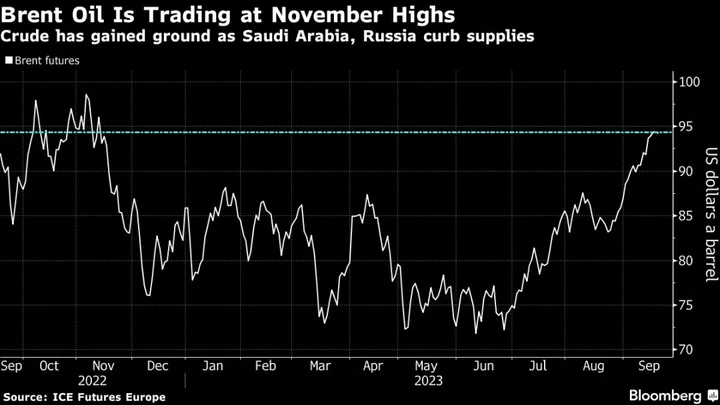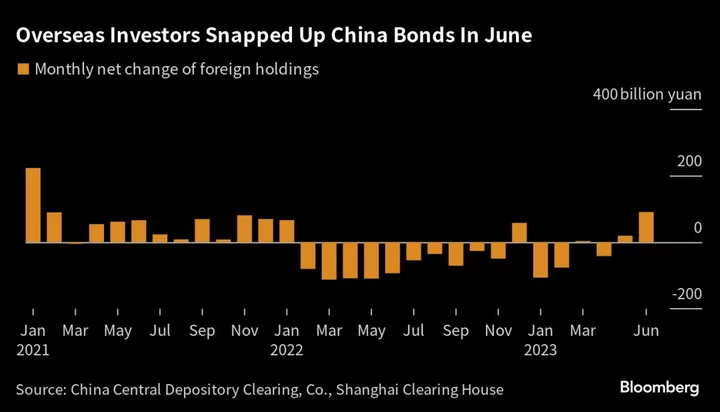By Gabriela Baczynska
BRUSSELS European Union increased imports from Russia of nuclear fuel and services for the bloc's Russian-designed reactors again in 2023 compared to 2021, the year before Moscow invaded Ukraine, Euratom Supply Agency (ESA) said.
While such imports are not subject to EU sanctions, the bloc aims to reduce its dependence on Moscow. Its overall imports from Russia's nuclear energy industry held steady last year despite rising demand for nuclear power driven by high energy costs and a push to cut carbon emissions.
However, five EU states that operate so-called VVER reactors were likely to exceed 2021 import levels this year again after a rise in 2022, ESA's acting head told Reuters in an interview.
The trend highlights challenges EU faces in reaching its long-term goal of achieving VVER fuel self-sufficiency.
"Imports by countries operating Russia-designed VVER reactors grew in 2022 compared to 2021, and they will have likely grown in 2023 compared to the year before the Russian invasion," Stefano Ciccarello said in remarks cleared for release on Friday.
Last year, those five countries - Bulgaria, the Czech Republic, Finland, Hungary and Slovakia - bought 30% more conversion services from Russia and 22% more enrichment, ESA said in its annual report in October.
"Those utilities are building additional inventories of fresh fuel. Further advance purchases will most likely contribute in the short-term to more material coming to VVER utilities from Russia in comparison to 2021," he said.
Ciccarello did not offer specific numbers and said it was too early to say whether 2023 imports would be also higher than last year.
Of the five EU countries hitherto fully reliant on Russian supplies only Hungary has yet to sign contracts for alternative fuel, according to ESA. The Hungarian government did not reply to a request for comment on Friday.
Earlier this year, in Ukraine, U.S. company Westinghouse loaded alternative fuel to a VVER reactor for the first time but a broader switch would take years, with Ciccarello saying it takes up to a decade on average for new nuclear fuel to be licensed.
Overall, EU imports of natural uranium and related services from Russia were largely flat year-on-year in 2022, as utilities' divergent strategies evened out, said ESA.
"Those that are not reliant on Russia are trying to further reduce any such dependence," said Ciccarello.
"On the other hand, there are those fully dependent on Russian fuel who are increasing fuel stocks as contingency for any break in supplies before alternative fuel is licensed."
Nuclear power accounts for nearly 10% of energy consumed in the European Union, with France meeting nearly a third of its energy needs that way. Other major producers in the bloc include Sweden and Belgium.
Imports of natural uranium from Russia fell 16% last year from 2021, a drop compensated by strong increase in deliveries from Kazakhstan and Uzbekistan, ESA said.
In 2022, the EU's Russian nuclear energy imports were worth around 750 million euros ($823 mln), or 1% of the bloc's Russian gas imports, according the European Commission.
EU countries are now debating a Commission proposal for the 12th package of economic sanctions against Russia in response to its invasion of Ukraine in February 2022. Sources said, however, that the proposal - which is not public - does not include sanctions on Russia's nuclear energy industry.
Imposing EU sanctions requires unanimity of all the 27 members of the bloc, something Hungary - where Russia's state monopoly Rosatom is contracted to extend the Paks nuclear plant - refuses to grant in the case of Russia's nuclear energy.
(Reporting by Gabriela Baczynska, additional reporting by Krisztina Than, Editing by Tomasz Janowski)









